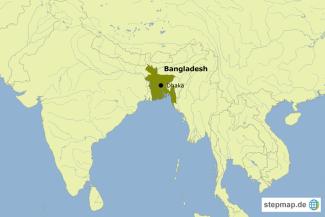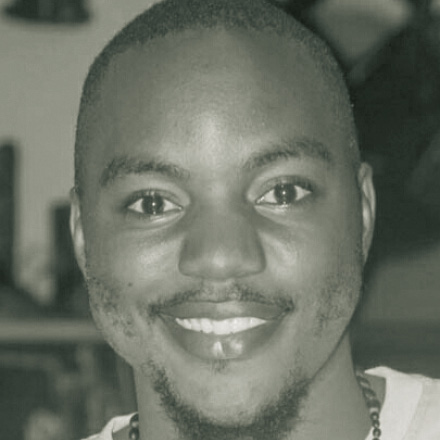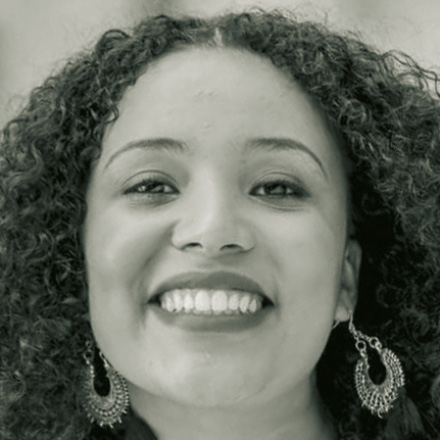Women’s empowerment
Money for women’s businesses

Kazol was determined to lift her family out of poverty. In 2001, she joined the Community Development Committee (CDC) in her area. She participated in its savings programme and started depositing 10 Taka (12 US cents) on a weekly basis. After she proved her discipline that way for a few years, the CDC gave her a loan to start a carpentry business.
The business was successful, so she could repay the credit. She took another loan and purchased a battery-powered motor rickshaw. He husband became the driver, and began to earn 1,000 Taka daily.
Kazol is one of many women who have proved they could change their families’ financial situation. The more money women earn, the more money is invested in children’s education, health and nutrition, all of which lead to economic growth in the long term.
Kazol and others have benefited from a project called Urban Partnerships for Poverty Reduction (UPPR). It was run by the government of Bangladesh in cooperation with the UK’s Department for International Development, the UN Development Programme (UNDP) an UN-Habitat, an agency that focuses on urban matters. The goal was to lift 3 million people out of poverty and empower them as citizens. The CDC that involved Kazol in its savings and credit scheme belonged to the UPPR. CDCs were established in 23 towns from 2008 on.
By the end of 2012, over 376,000 households participated in CDC savings and credits schemes, and 98 % of the individual members were women. Members had deposited more than $ 5 million worth of savings and taken loans worth $ 3.7 million in total.
The UPPR supported the urban poor in other ways too:
- It handed out apprenticeship grants to provide women and men with the skills and experience needed to find work.
- It also handed out block grants that provided poor women with the funds to start up small businesses with the guidance of a mentor.
Understanding the impact of these grants is important. Last year, the UPPR undertook a short-term evaluation, and the main findings were encouraging. Of all women who began their businesses with the help of a block grant in 2012/2013, 85 % were still in business. The UPPR was completed in August this year, but drawing on its lessons, the Government of Bangladesh has launched the new National Urban Poverty Reduction Programme, which, like its predecessor, is supported by international donors.
Khadija Farhana is development communication professional and freelance journalist. She lives in Dhaka, Bangladesh.
tithefarhana@gmail.com












